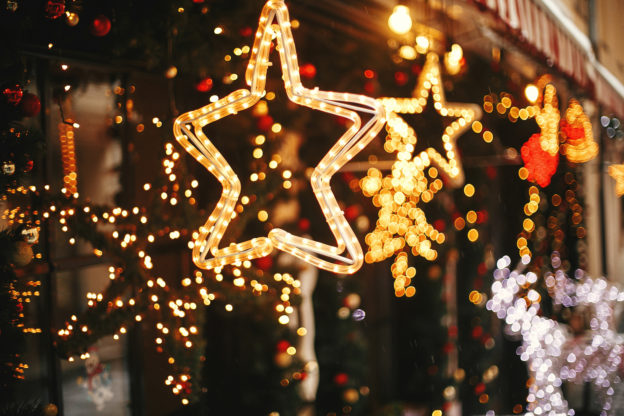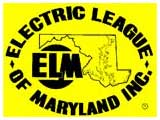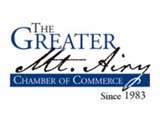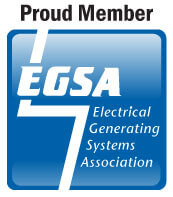With the holidays fast approaching, homeowners and businesses will be decking the halls; often with strings of lights and lighted decorations. Those lights are glittering and cheerful, but they can also cause hazards if they’re plugged into extension cords!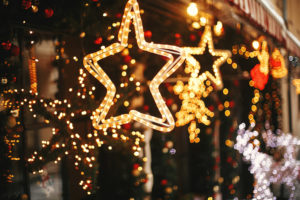
Before you untangle all of those light strings, consider that approximately 3,300 home fires originate in extension cords each year, killing 50 people and injuring 270 more, according to the Electrical Safety Foundation International (ESFI).
That’s because extension cords can overheat and cause fires when they’re used improperly. Keep these important tips from the ESFI and Little Sparkie Electric in mind to protect your home and workplace.
- Don’t plug extension cords into one another.
- Make sure extension cords are properly rated for their intended use, indoor or outdoor, and meet or exceed the power needs of the device being used.
- Keep all outdoor extension cords clear of snow and standing water.
- If used outdoors, cords should be GFCI-protected, either by plugging them into a GFCI-protected receptacle or by having GFCI protection themselves.
- Do not overload extension cords. A circuit overload SHOULD trip the breaker or blow the fuse, but it isn’t guaranteed. If the breaker or fuse is rated higher than the circuit wiring, the circuit may not open in an overload.
- Inspect cords for damage before you use them. Check for cracked or frayed sockets, loose
 or bare wires, and loose connections. A break in a hot wire will not trip a standard circuit breaker or blow a fuse, and is thus a fire hazard.
or bare wires, and loose connections. A break in a hot wire will not trip a standard circuit breaker or blow a fuse, and is thus a fire hazard. - This should be obvious, but do NOT nail or staple extension cords to walls or baseboards.
- Do NOT run extension cords through walls, doorways, ceilings, or floors. If a cord is covered, heat can’t escape, which may result in a fire hazard.
- Never use three-prong plugs with outlets that only have two slots. Again, this should be obvious, but never cut off the ground pin to force a fit, which could lead to electric shock.
- Buy only cords that have been approved by an independent testing laboratory.
- Do NOT use an extension cord or power strip with heaters or fans, which could cause cords to overheat and result in a fire.
Remember that extension cords should only be used on a temporary basis. They’re not intended as permanent household wiring, so put them away when the holiday decorations come down!
If you need additional outlets, always have a licensed electrician install them. This isn’t the time to be a DIYer!
